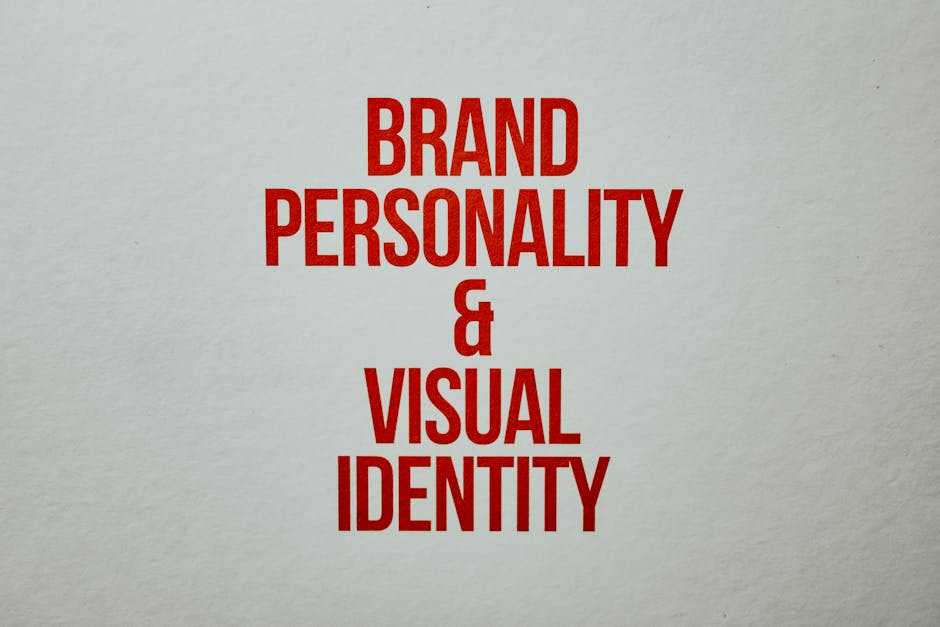A person who frequently ridicules or teases others
We’ve all encountered individuals who seem to derive pleasure from mocking or teasing others. These individuals can create a toxic environment and negatively impact those around them. In this section, we will delve into the characteristics of a person who always makes fun of others and explore strategies for handling such behavior effectively.
Characteristics of a person who always makes fun of others
Constant Mocking: A person who always makes fun of others will frequently engage in mocking or ridiculing their peers. This behavior can range from subtle jabs to outright insults.
Low Empathy: Individuals who engage in constant teasing often lack empathy for the feelings of others. They may not consider how their words impact those around them.
Insecurity: Oftentimes, those who resort to making fun of others do so as a defense mechanism for their own insecurities. By putting others down, they attempt to elevate themselves.
Need for Control: People who tease others excessively may have a need for control or power dynamics in their relationships. They use ridicule as a means to assert dominance.
Strategies for handling a person who always makes fun of others
Dealing with someone who frequently ridicules or teases others can be challenging, but there are effective ways to address this behavior:
Set Boundaries: Clearly communicate to the individual that their behavior is not acceptable. Let them know how their actions make you feel and establish boundaries for how you expect to be treated.
Avoid Reacting Emotionally: Individuals who make fun of others often thrive on eliciting strong emotional reactions. By staying calm and composed, you take away their power to upset you.
Seek Support: If the behavior persists and affects your wellbeing, seek support from friends, family, or a mental health professional. It’s essential to prioritize your mental health in such situations.
Confront the Behavior: In some cases, directly addressing the behavior with the individual may lead to a better understanding of the impact of their actions. Choose a time and place conducive to a constructive conversation.
Practice SelfCompassion: Remind yourself that the teasing or ridicule from others is a reflection of their issues and not your worth. Practice selfcare and selfcompassion to build resilience.
In conclusion, a person who always makes fun of others can create a negative atmosphere and harm those around them. By understanding the characteristics of such individuals and implementing effective strategies for handling their behavior, you can navigate these challenging interactions with confidence and resilience. Remember to prioritize your wellbeing and seek support when needed.


